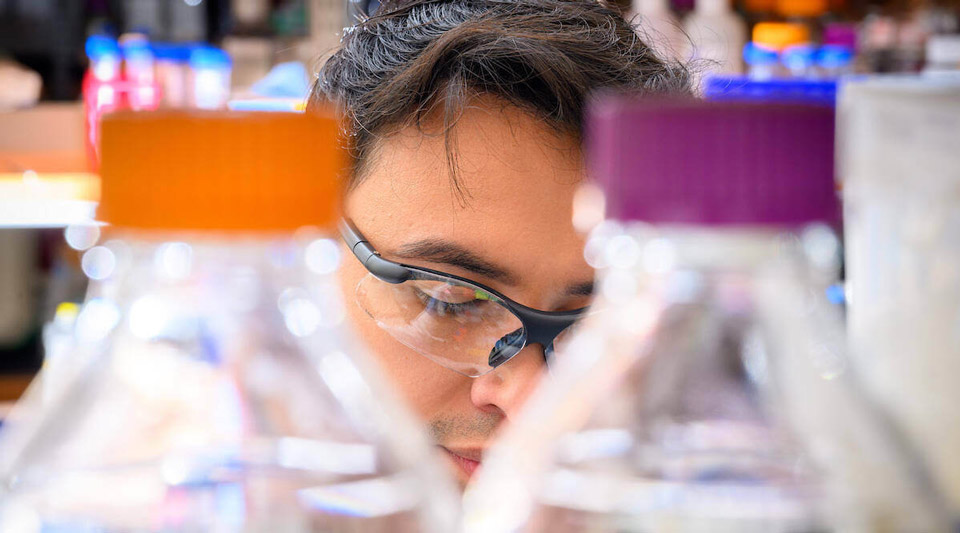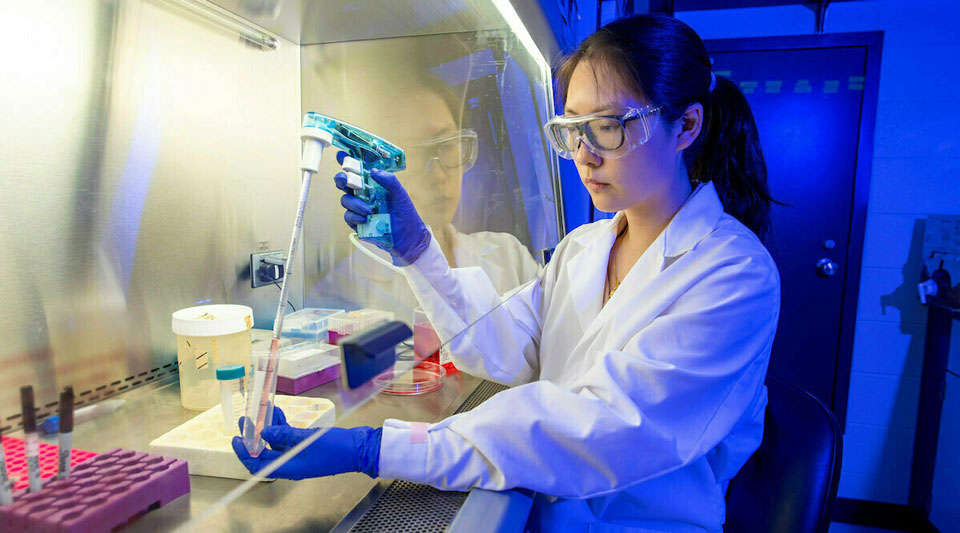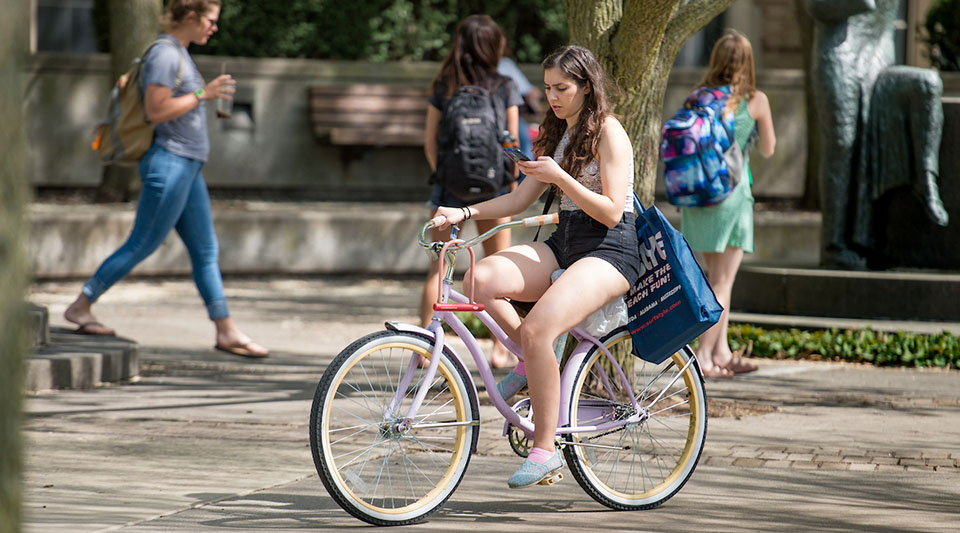
Notre Dame announces 2025 Strategic Framework Grant recipients
The University of Notre Dame has announced the awardees of its 2025 Strategic Framework Grant (SFG) Program. Launched in 2024, the program is an internal funding opportunity that stimulates engagement with the priorities outlined in Notre Dame 2033: A Strategic Framework. The program, sponsored …







